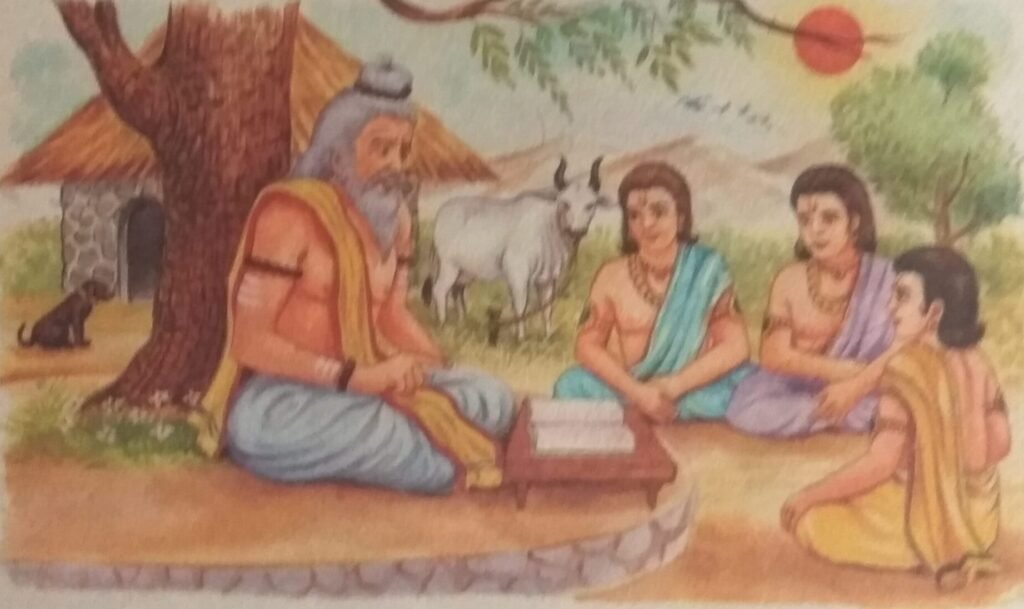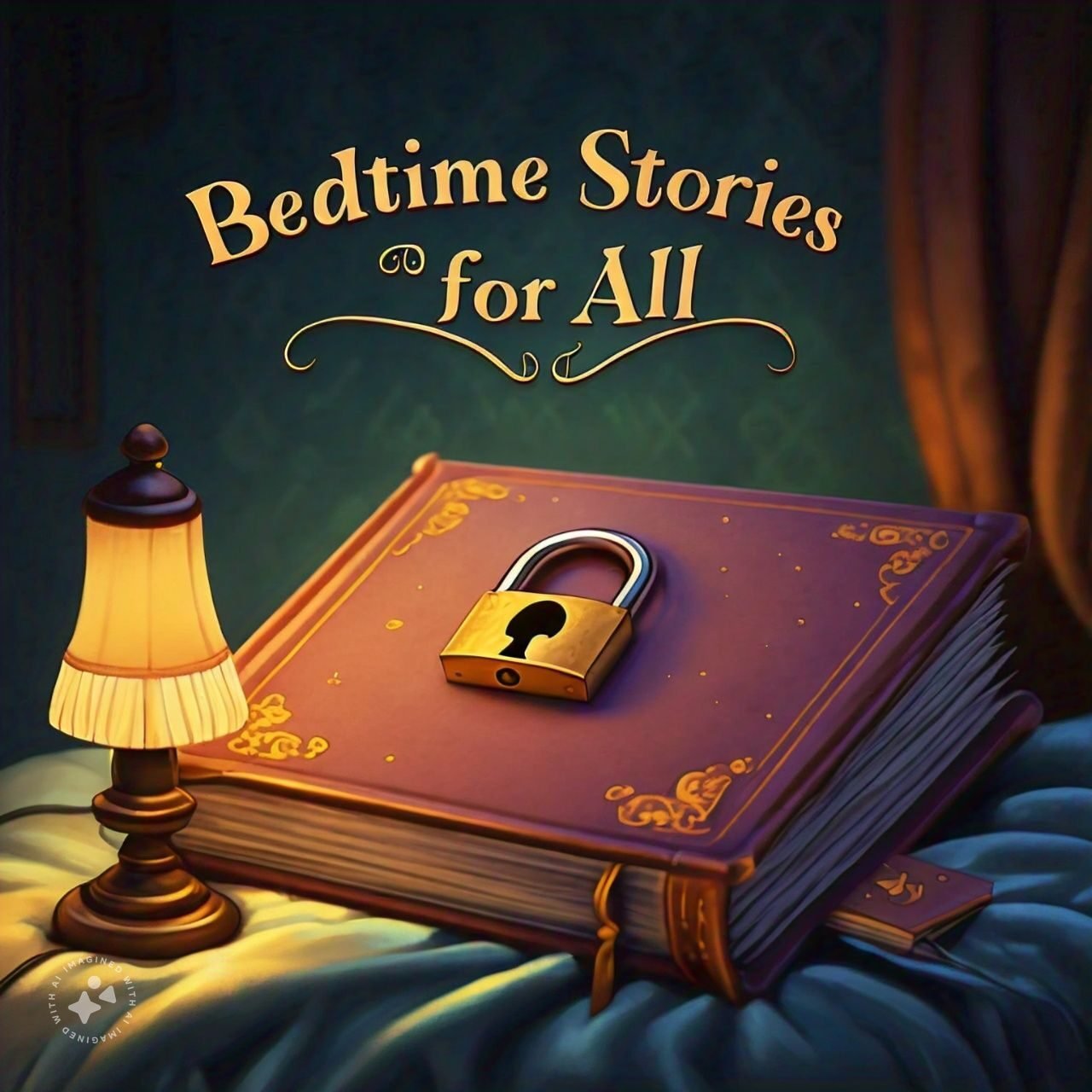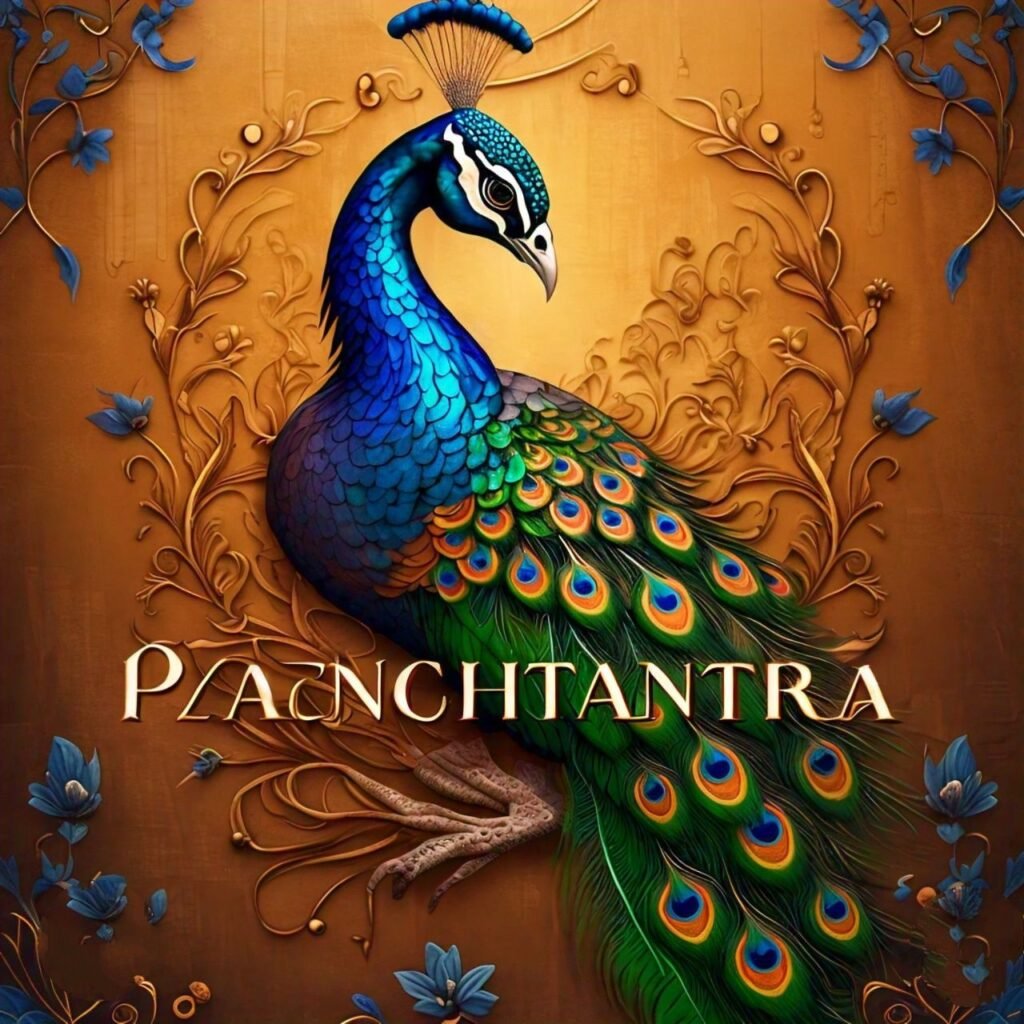Many questions have been asked about the origin and authorship of the Panchatantra stories, such as:
Who wrote the Panchatantra?
Who wrote the Panchatantra in Sanskrit?
Who is the writer or author of the Panchatantra?
What is the Panchatantra?
What is the purpose of the Panchatantra?
What is the theme of the Panchatantra?
What is the principle of the Panchatantra?
What are the values of the Panchatantra?
What lessons do we learn from the Panchatantra?
What is the teaching of the Panchatantra?
What are the five “tantras” of the Panchatantra?
I have made a genuine attempt to answer the above questions to satisfy my readers’ curiosity.
Thousands of years ago, there was a king in South India. He had three young sons who were good-for-nothing. Stupid and idle, they had no interest in learning. The king tried his best to have them educated, but all his efforts were in vain.
On the advice of his courtiers, the king contacted a highly reputed scholar named Vishnu Sharma. The great scholar agreed to take on the task of educating the princes, assuring the king that within six months he would make them masters in the art of successful living and in managing the affairs of the state.
Vishnu Sharma simply told them charming fables. These stories created in the princes a keen interest in learning, and their lessons stayed with them. These instructive moral stories make up the Panchatantra.

The name “Panchatantra” comes from its division into five “tantras” or treatises:
- Mitra-bheda: Focuses on “The Loss of Friends.”
- Mitra-lābha: Focuses on “The Gaining of Friends.”
- Kākolūkīyam (Of Crows and Owls): Highlights the understanding and resolution of conflicts, promoting diplomacy and clear thinking through tales involving crows and owls.
- Labdhapraṇāśam: Focuses on “Loss of Gains” due to greed, poor judgment, and negligence.
- Aparīkṣitakārakaṃ: Deals with “Ill-considered Action” that results from ignorance, anger, or arrogance, teaching the importance of thoughtful decision-making.
Reading the stories from the Panchatantra helps to eliminate ignorance, ego, greed, anger, and other negative emotions, while fostering qualities such as honesty, trust, friendship, bravery, and simplicity.
So, sit back, relax, and enjoy the very best of the Panchatantra stories.
- 14 Best Panchatantra stories in hindi
- 15 Best Children Stories in English from Panchatantra 2.0
- 16 Best Aesop's Fables in Hindi with moral lessons
- 17 Best Aesop's Fables with moral lessons for children
- Arabian Nights
- Author's Best Written Stories in English
- Author's Best Written Stories in Hindi
- Baital Pachisi बैताल पचीसी in Hindi
- Bedtime Stories for All
- Hindi Love Stories
- Love and Romance
- Vikram and Betal series: Riddle Solving Stories
You can join my WhatsApp Channel by clicking the link here



